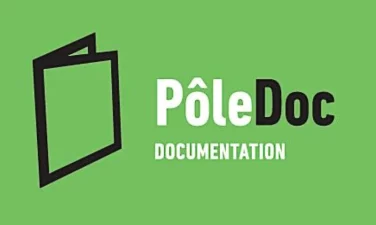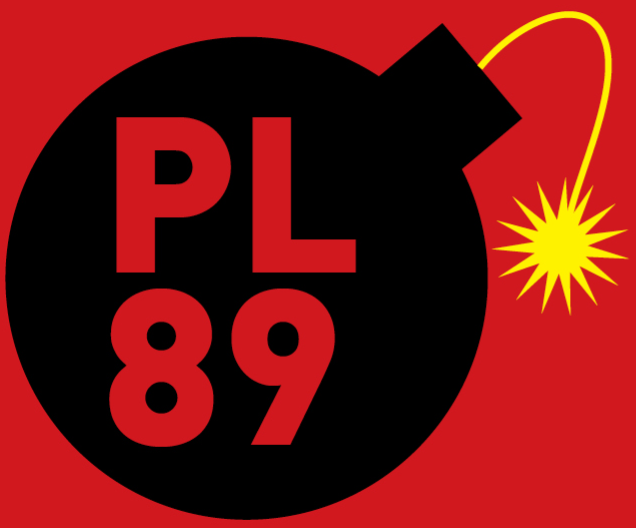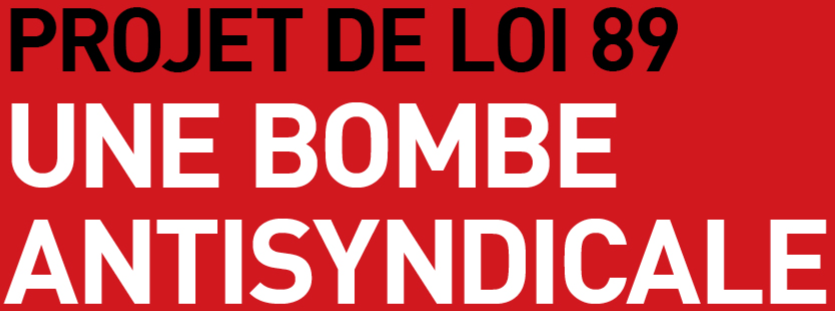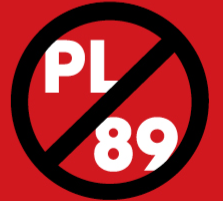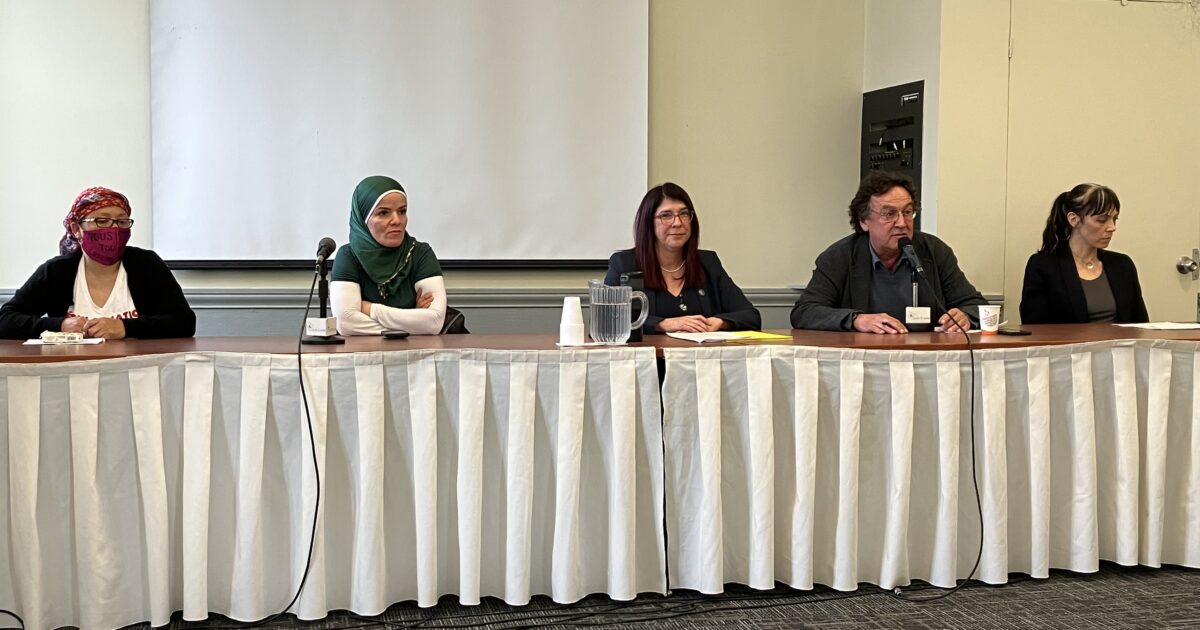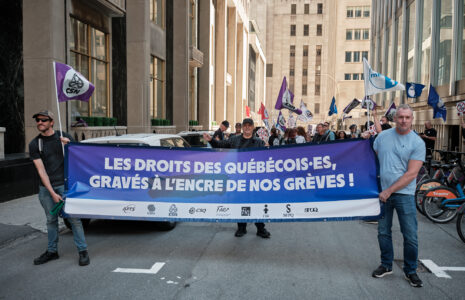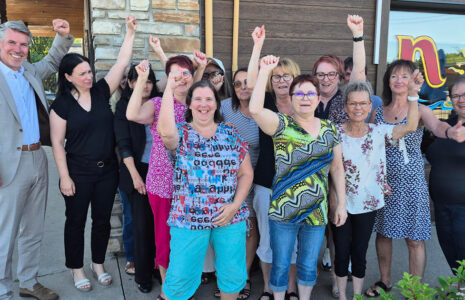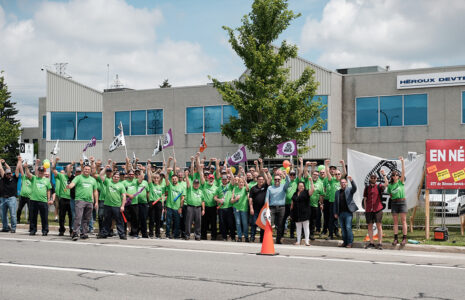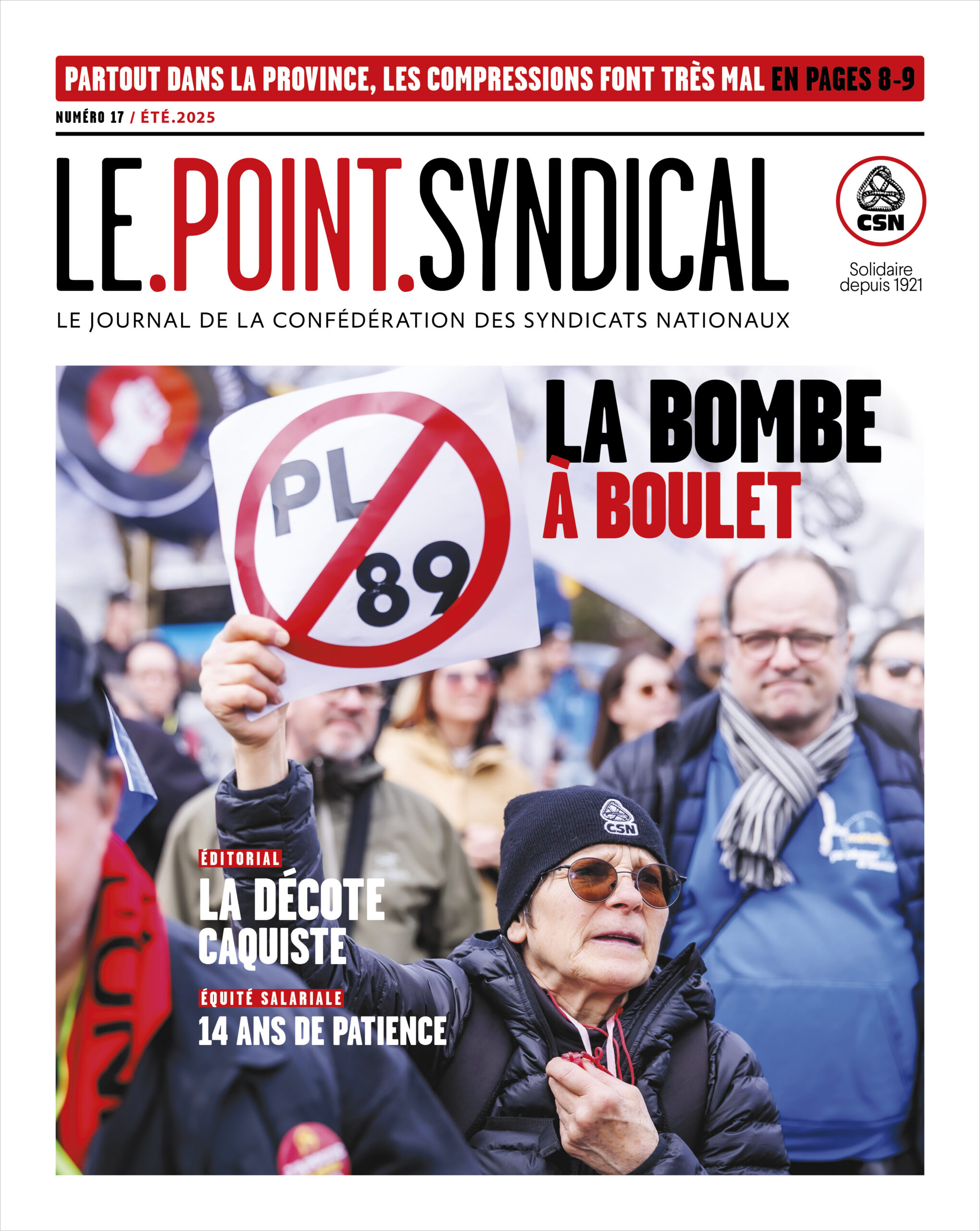Twenty community and labour organizations, supported by numerous groups and individuals from academic, faith, and business communities, have joined forces to call for implementation of a truly inclusive program aimed at regularizing the situations of persons lacking immigration status. These organizations are urging the governments of Canada and Quebec to demonstrate a concrete commitment to this process, in collaboration with civil society.
Program under development
Following a letter from Prime Minister Justin Trudeau asking the Minister of Immigration, Refugees and Citizenship (IRCC) to take action, the federal government is now preparing a program to regularize people without migrant status. Although the details of the program remain unclear, the government is looking at regularizing an estimated 500,000 non-status persons within Canada.
Who are non-status migrants?
According to organizations that work with persons lacking status, such non-status persons are generally people who entered Canada with status but then lost it at some point. Reasons for loss of status vary, but, in the majority of cases, status is lost either because a refugee claim was rejected or because the person was unable to renew their work or study permit. Similarly, if a person with a work permit associated with a single employer (a so-called “closed” work permit) leaves their job to escape abuse by that employer, they will lose status if they are unable to find another employer to obtain a new work permit. Loss of status is not a criminal act. Nonetheless, it results in an unanticipated administrative situation for many migrants.
Why regularization?
It is, first and foremost, for humanitarian considerations and out of respect for international law that the signatory organizations are calling for regularization of non-status persons. Since coming to Canada, having fled persecution and/or social or financial insecurity, these people have been living next to us and contributing to our society. Despite this, due to their lack of status, they often experience discrimination and abuse. Moreover, non-status persons cannot access public services to meet even their essential human rights requirements (in particular, basic health and living standards) and they live in constant fear of deportation.
This is like being punished for not having status. Yet, as stated in the United Nations Universal Declaration of Human Rights, the “right to leave any country” and the “right to a nationality” are fundamental rights, which are to be guaranteed to all people. In the spirit of the Declaration, many countries, including the majority of EU member states, have implemented regularization programs over the past decades – in many cases, on a recurring basis.
In view of humanitarian considerations and the requirements of international law, regularization is a reasonable demand. But it is also necessary to acknowledge the important, positive aspects of regularization for our society. And it ought to be noted that the majority of non-status persons in Quebec have already accumulated years of work experience, while working in Quebec. Many of them even continued to work through the COVID-19 pandemic restrictions, at substantial personal risk of infection. As such, their contributions to our economy and society have been essential. Their undeniable contributions during the current period of labour shortages must also be acknowledged. In terms of language and culture, these people have already begun to adapt to the customs and traditions of Quebec, to learn the French language, and to build new social networks, despite all the obstacles they face. Obtaining permanent status will permit them to assert their rights and improve their working and living conditions in health, safety, and dignity, and thus to participate fully in the social life of our society.
Declaration
In consideration of the factors listed above, the signatory organizations hereby declare:
- That the program currently under development be truly inclusive.
To accommodate these individuals’ diverse needs and contexts, a regularization program has to be inclusive. This must include keeping requirements to a minimum and simplifying the application process. Among other things, the precedent set by the so-called “Guardian Angel” regularization program – which, in the end, excluded the majority of those it originally targeted and thus worked against the “recognition of their essential contribution” – must be avoided. Further, there is great need for a comprehensive revision of the entire immigration system, in order to create more humane and inclusive programs that protect the rights of all people.
- That the Government of Quebec commit to implementing the program.
For this program to be implemented in Quebec, the Quebec government must commit itself to the process fully and in collaboration with Quebec civil society.
Struggles in common
The signatory organizations are committed to advancing this campaign together with other supportive organizations and individuals. Our next joint action is scheduled for November 6, in various locations throughout Quebec. Further activities will follow in the coming months.
Relevant Quotes
“We have lost status because the immigration system is complicated and restrictive, and does not protect us from abuses by employers, recruiters, and other underhanded persons. Not holding immigration status is not a criminal act, it is an administrative problem. Many countries in the world, such as Spain, Italy, Portugal, and Ireland, have set up regularization programs. So why not in Canada and in Quebec, in our own country, which is supposed to respect human rights?”
—Nina Gonzalez, Centre des travailleurs et travailleuses immigrants (CTTI – Immigrant Workers’ Centre)
“We demand a regularization program without exceptions or discrimination, and an end to deportations. We are a fundamental pillar of Quebec society and ought to be supported unconditionally!”
—Samira Jasmin, Solidarité sans frontières/Solidarity Across Borders
“Non-status people are vulnerable to all sorts of abuse by unscrupulous agencies and employers. It is our duty to ensure that their rights are respected. Regularizing their situation will also help us to address labour shortages and ensure the betterment of salaries and working conditions of the entire population. We must support permanent immigration and fight the rampant casualization that we have been witnessing now for several years. This is a question of equality and of social justice, but it is also a matter of preserving the social gains fought for by multiple generations of workers.”
—Katia Lelièvre, 3rd Vice-President, Confédération des syndicats nationaux (CSN)
“It is essential that Quebec partner with the federal government to ensure a successful program of regularization for non-status persons in Quebec.”
—Stephan Reichhold, Director, Table de concertation des organismes au service des personnes réfugiées et immigrantes (TCRI – Roundtable of Organizations Supporting Refugees and Immigrants
“The human rights of non-status persons and persons of precarious status are constantly violated: their right to work, their right to health, and sometimes even their right to life. Regularization of immigration status is an effective way to protect the rights of these persons. Amnesty International Canada supports the demand for a broad, inclusive regularization program in Quebec and in Canada.”
—Marisa Berry Méndez, Campaigns Manager, Amnesty International Canada (Francophone)
About
This position paper is supported by:
- Amnistie internationale Canada francophone
- Centrale des syndicats démocratiques (CSD)
- Centrale des syndicats du Québec (CSQ)
- Centre des travailleurs et travailleuses immigrants (CTTI)
- Centre justice et foi (CJF)
- Clinique pour la justice migrante (CJM)
- Comité d’action de Parc-Extension (CAPE)
- Conseil central du Montréal métropolitain–CSN (CCMM–CSN)
- Conseil régional FTQ Montréal métropolitain (CRFTQMM)
- Confédération des syndicats nationaux (CSN)
- Debout pour la dignité
- Fédération des travailleurs et travailleuses du Québec (FTQ)
- Illusion Emploi de l’Estrie
- Le Québec c’est nous aussi
- Ligue des droits et libertés (LDL)
- Médecins du Monde Canada
- PINAY
- Réseau d’aide aux travailleuses et travailleurs migrants agricoles du Québec (RATTMAQ)
- Solidarité sans frontières (SSF)
- Table de concertation des organismes au service des personnes réfugiées et immigrantes (TCRI)




